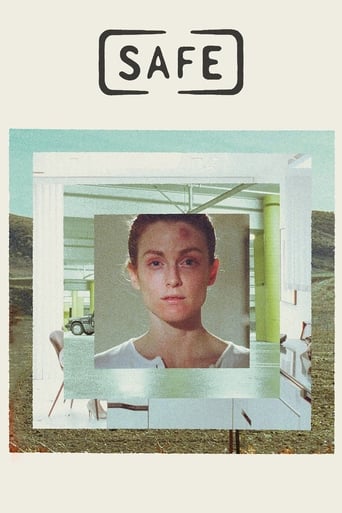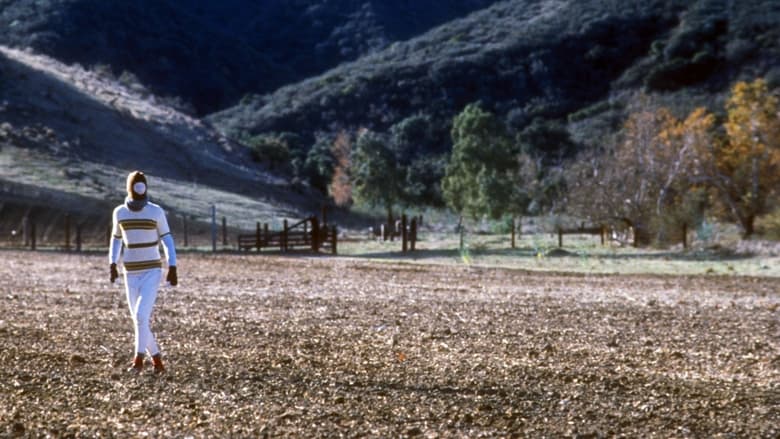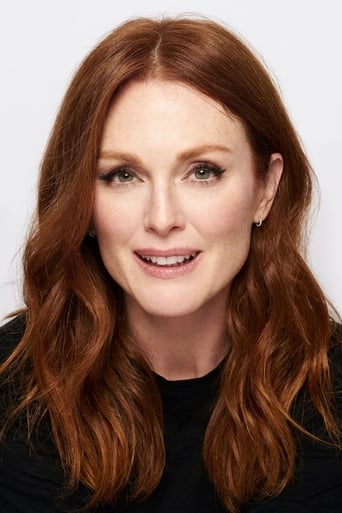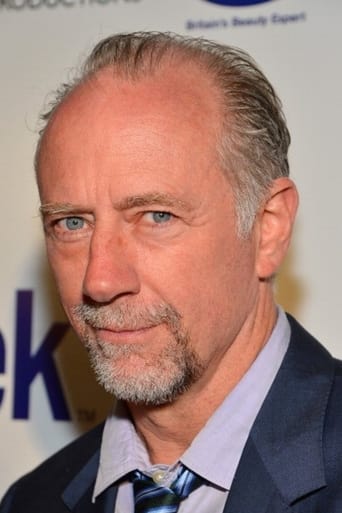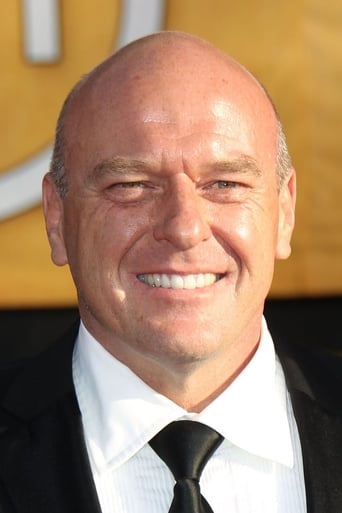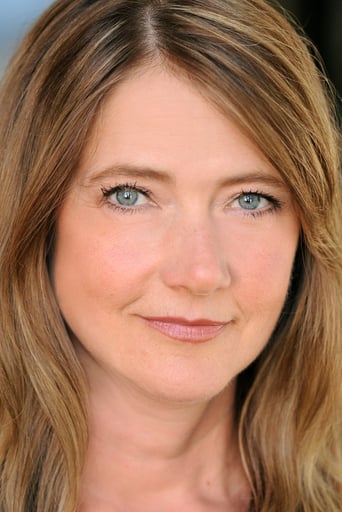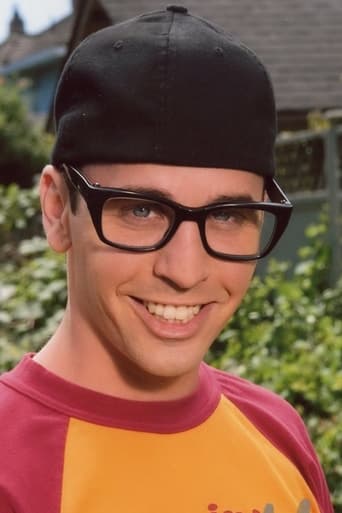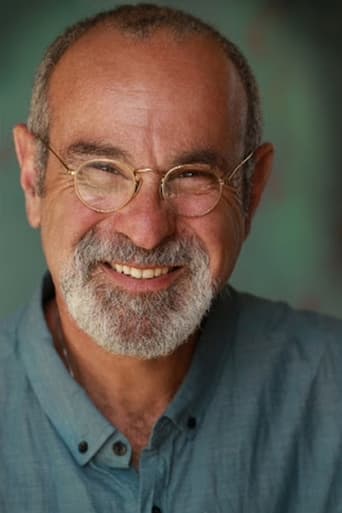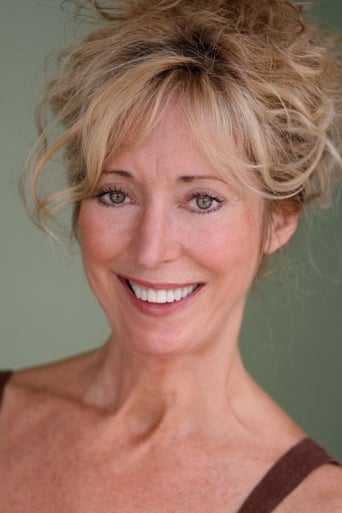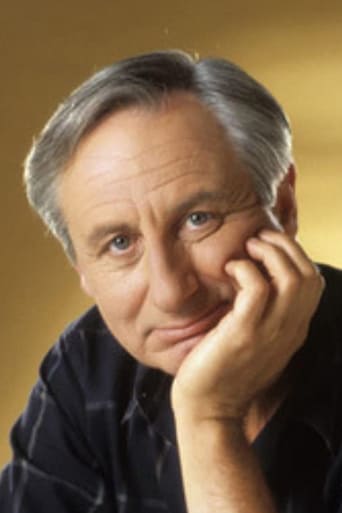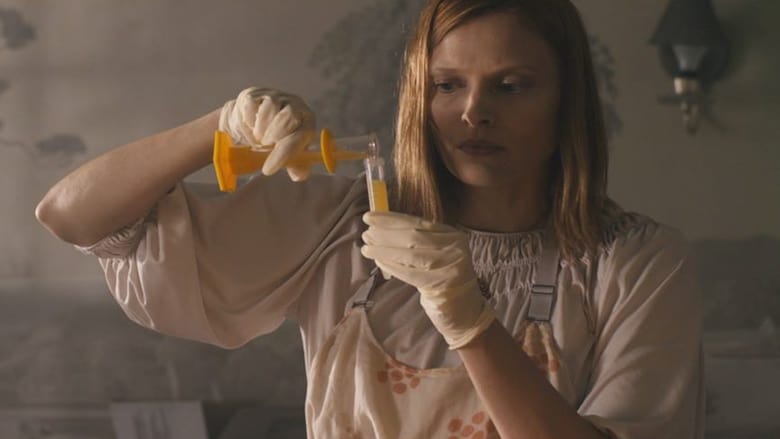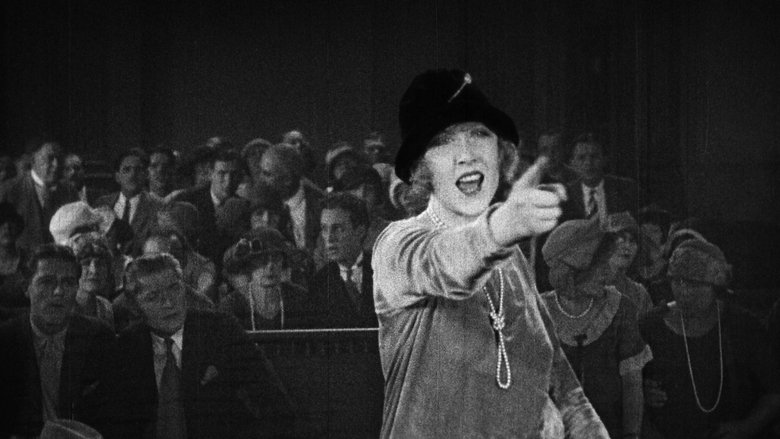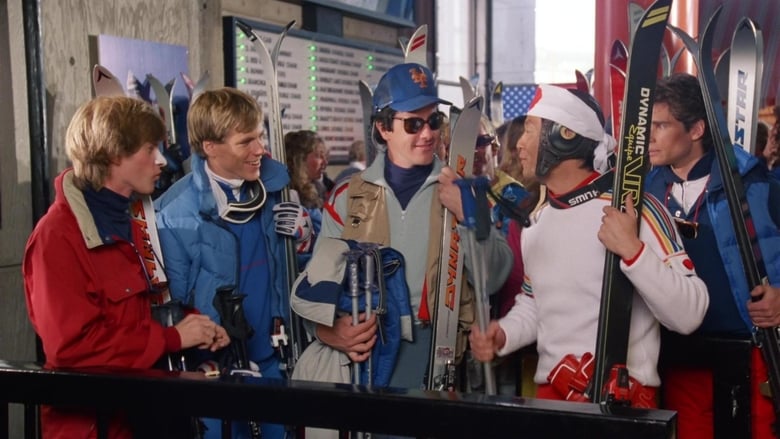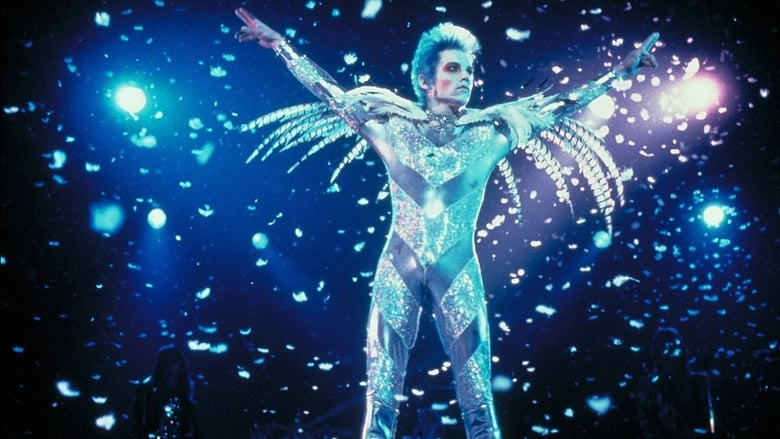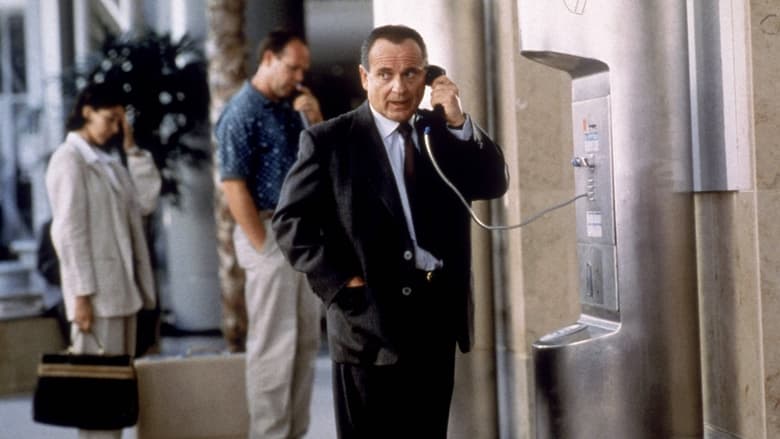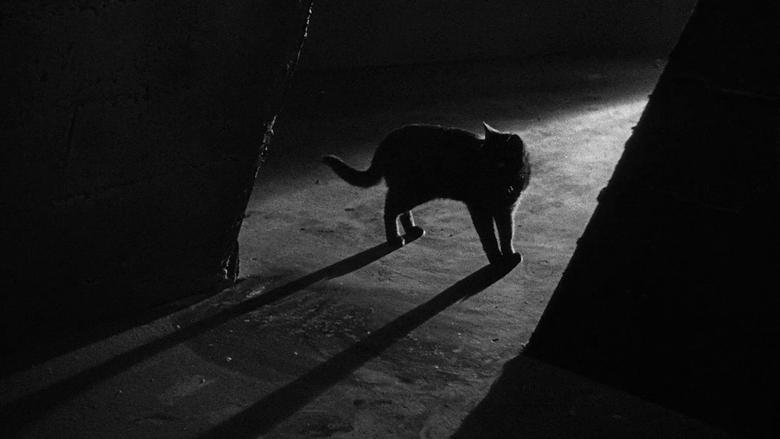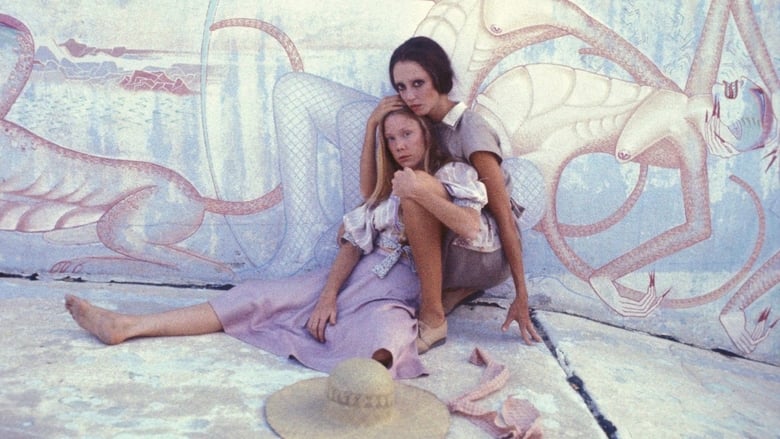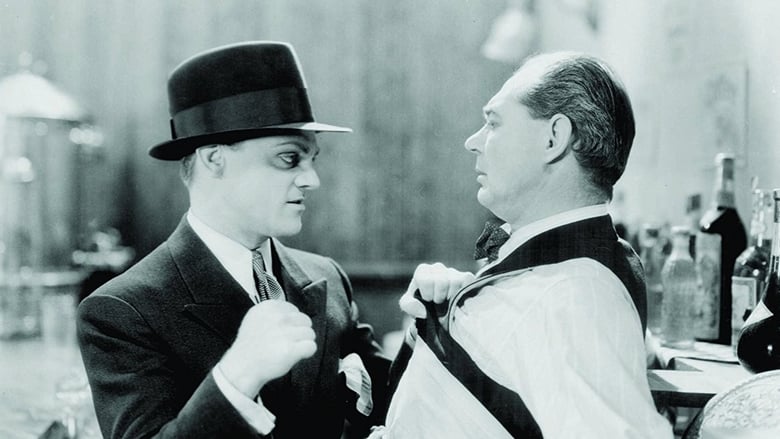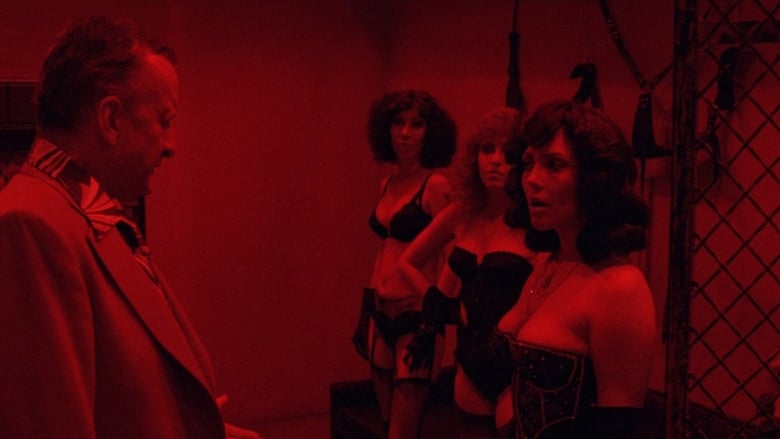Carol White, a Los Angeles housewife in the late 1980s, comes down with a debilitating illness with no clear diagnosis.


Similar titles
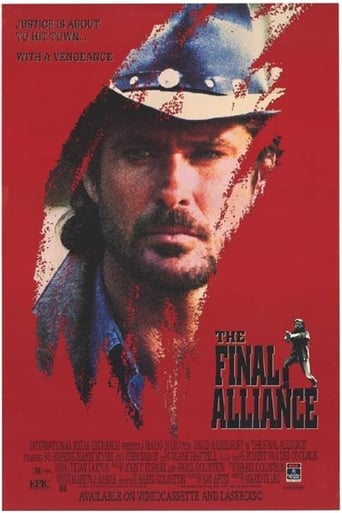
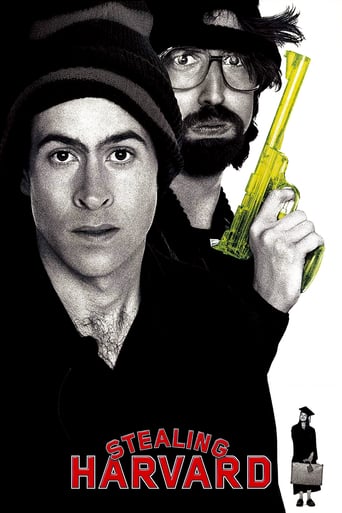
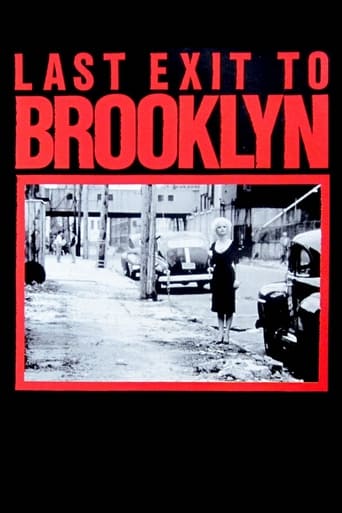
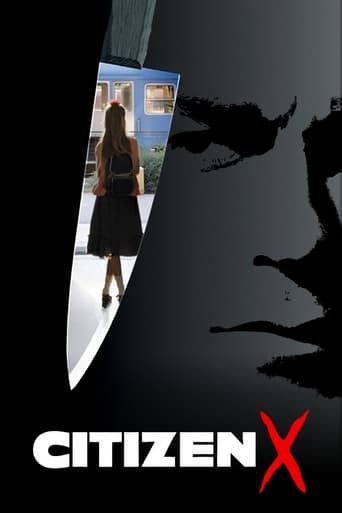
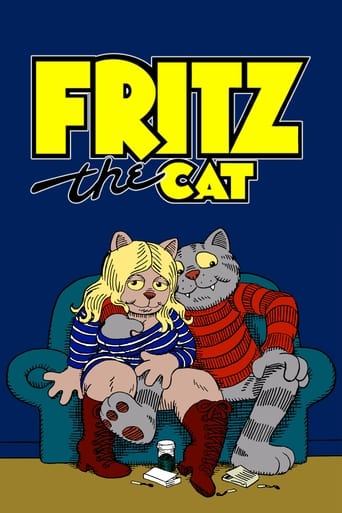
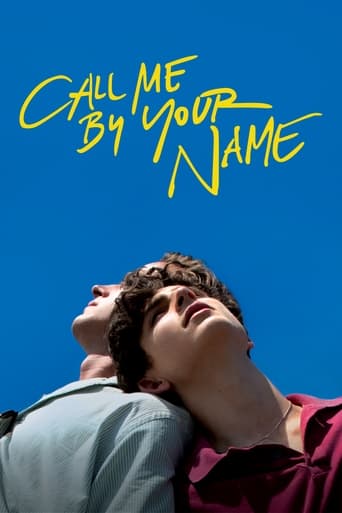
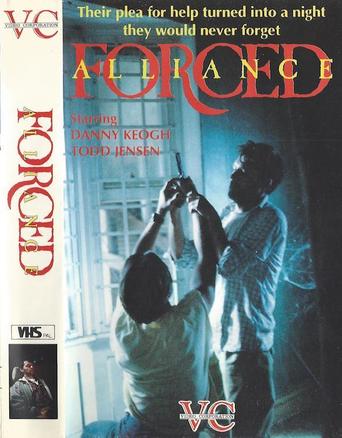
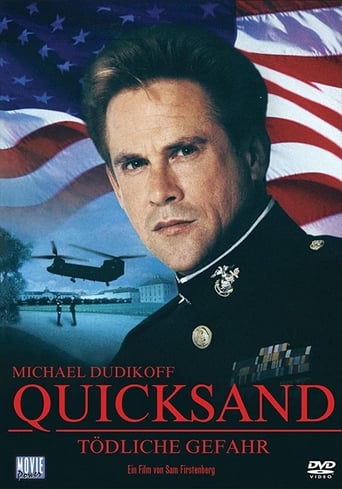
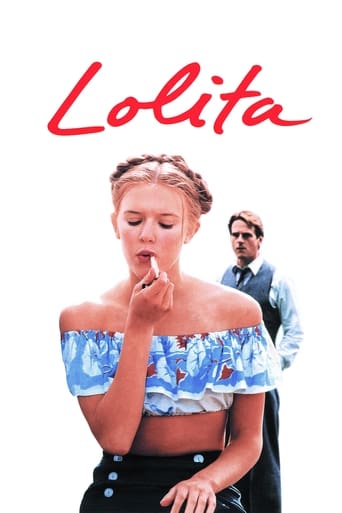
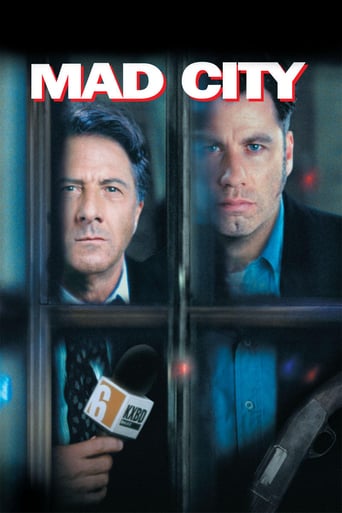
Reviews
Millions of people in every democracy have illnesses for which there is no correct diagnosis. The lucky ones eventually find out what's "wrong" with them. Here we have a woman who has everything to live for until she suffers from something that no one can understand and often doubt.Julianne Moore carries this film as its central character. The supporting & surrounding characters cover the attitudes of doubt, resentment, paternalism, empathy, indifference, ignorance, apprehension, caring, understanding & compassion. Carol White's submissive personality & helplessness at first results to her becoming victimized by those looking for a quick solution to her pain. On its surface, this film is about Carole and her illness. On another level, it's about a chain of unfortunate events that can overtake our lives. Unless we go through it ourselves, we cannot fully understand the loneliest chapters in other people's life story.
Julianne Moore plays Carol, and Carol is not in the best way really. Something is... off. Oh, she lives very comfortably in the San Fernando Valley, with her husband and their son (well, his son, her step-son), in a house that is so wide and lush with placid colors and spacious rooms and she can go and do her work-outs and select colors for the sofas (wait, why is it black, it should be teal - drama), and have lunches with her friends where they try to get her to go on all-fruit diets to cleanse and... does she have any thoughts or identity of her own? Hard to say or see it. No passions really, no inner-self, but why should she need it, she has the home and husband and car and LA is so... ugly and dirty, and full of smog that makes her cough and gag relentlessly. Oh, and she has asthma, but that seems second-fiddle to what is really wrong her: everything.Haynes makes Carol the lead in this story, about how she tries to become 'healthy' by joining a group, the Wrenwood, where she can join with other people also trying to find health and purity of some kind, and yet she is never really comfortable in being herself. Who is Carol? She is mostly defined, as we see in both Haynes' writing and direction, by other people, and also as by herself. For long periods in this film, Carol is off by herself, or other characters are seen in long-view, wide shots, where the loneliness and space is emphasized. Characters may be 'close' at times with one another, but even then there's a distance to people in the frame, and Carol has the distance constantly. Even by herself she's on the margins, and even if she doesn't mean it to be so (or especially if that's the case) she may 'need' these new people, but at what cost? We want her to get better, but it's not simply because she is the protagonist. She could be any woman, or even most men, lost in a kind of society where terms and status and a sense of self-worth aren't determined by what the individual wants. At the same time there is a pretty clear commentary on AIDS - I wasn't sure if Haynes was going to have anyone say it out loud, but it's present, and a character at the Wrenwood has AIDS - as far as what a person has to deal with when a disease that doesn't really have any clear-cut cure is prevalent. Surely the 'cyst' that Moore has in the latter part of the film - she gets sicker really, you see, on the outside as she says, or means to say, that she is getting 'better' - is meant to symbolize the lesions AIDS victims would get when the disease worsens.But Haynes doesn't make anything easy here, which makes it so fascinating and mesmerizing. Initially, it almost seems like it could be difficult to get into. Nothing is very much dramatized here, even when Carol passes out and has a seizure from a fumigation in a laundromat (maybe that comes closest, to be fair). Things happen at a slow pace, and the emotions conveyed are subtle, calm (I was reminded of the recent Foxcatcher overall, to give a recent comparison). But things build, and beneath the subtlety and nuance and every-day that Carol goes through the eerie sense of humanity is always there. And what's great is that nothing is so easily explained as 'oh, this is where it is'. There's a scene where Carol gets her hair done - is it too extreme, it's just a perm, the 80's after all - but right after it she gets a nose-bleed. Is it from the sickness? Is the room just dry? Could be anything. Nothing is so easily explained away except that, yes, she's sick. From what? The 20th century perhaps? Safe could be read as pretentious fodder for the malaise of contemporary culture (just typing that makes me feel 'ugh'). But Julianne Moore makes it so vivid and powerful because she holds back and makes Carol so fragile and desperate and delicate. In many moments I was worried she might crack, like some precious vase, but there's more to what Moore is doing here. She knows there are women like this in the world, defined by others, unsure, psychosomatic to a degree. So that by the time the ending comes, after all this time around what is essentially a cult - maybe a "good" cult, or maybe not, can a cult be anything but harmful, but is it really, these are questions I kept asking, it's so tricky - when she is staring at a mirror saying "I love you" over and over... it's heartbreaking, and raw, and kind of 'WTF' in a peculiar way. Safe is imperfect but in the best way an original. 9.5/10
How to exemplify that Reagan's sun when he promised morning again in America was really a toxic sun, toxic for the soul, this is all the foreground you're going to need here. The film opens in '87, three years after that promise, in a sunny suburb somewhere in south California, and it's reasonable to assume this couple, with their spacious home, their well-kept garden, their ample free time, is one of many who were soothed by that promise, the promise to have a Dream, into a kind of comfortable sleep.Todd Haynes has the benefit of building upon Lynch, which is to say the option of discarding in hindsight the sexual darkness of Blue Velvet and Twin Peaks, the film opens to that effect with the woman having bland, passionless sex. This is how far sleep has numbed the senses, even desire is deadened and the nightmare has diffused into the very air itself, the smoggy air of Los Angeles.This is given to us as the woman developing some sort of allergic response to her surroundings, but the point is that we cannot know where evil is flowing from into the world, we just can't. Is it car fumes, the hair-dresser's chemicals, something off the new teal sofa they have ordered? Or is the mind conjuring the illness as the desperate means of making known the extent of the damage inside? Is it stifled instincts, stifled for too long? The point remains though, that life keeps breaking down on us and for no apparent reason, this satisfied life that should have been alright.Observant viewers will be able to link her response with the barely audible static on the soundtrack that continuously hums beneath dull day-to-day life. It is the mind humming to some malevolent tune of the fabricated world.This is taken to be resolved in a remote New-Age commune, out in the clear air somewhere in the countryside. Now we've been accustomed, ever since the Beatles traipsed all the way to India to be scammed by spiritual gurus, to view this sort of therapy as fundamentally crooked, but the leader gives some solid advice; quiet mind, beauty cultivated inside, clarity, all that Japanese gardening for the soul. At the same time, he advocates an almost paranoid retreat from the world, is complacent and satisfied, and we're shown his luxurious house that overlooks the otherwise spartan retreat. No, something is wrong here as well, and the filmmaker is smart enough to barely hint at merely another kind of toxic environment that sells peace of mind.Now so far the film's power is rhythm and pulse from the heart of this woman as she tries to cope with it herself; slow, dissipating, tiredness, plus ambiguous response to unsatisfactory reality. The husband is bland and selfish but is not a caricature, which would have significantly cheapened the thing. Nothing has been really subtle but evokes its own time and space.You have to wait till the end for the formative mechanism that gives rise to this clouded mind, the masterful touch is all Julianne's and carried alone before a mirror.Of course each patient has given his own reasons for his illness, but this one we have followed close. She finally encounters her own mirror image in that artificial womb of a room, and does she look at a real self looking to see a real image, warts and all, or does she soothe herself with another dream, another promise for morning again? This is the thing that got the ball rolling, ever since Reagan's ad one morning on TV; it would all be alright, you just had to trust someone else.Julianne Moore completely erases any presence of herself in the process, truly outstanding work.
I'm a devoted Moore fan, so how could I miss this highly-acclaimed indie film, which directed by the genius Todd Haynes in 1995 and also bestowed her the crown of Queen of indies. SAFE is an unorthodox indiewood member who has a unflinching core which dares to chart the mysterious battle between the body and soul through the dubbed "environmental disease". The concept here is an intrepid self-salvation process, in a world without any certainty, it is what we believe decides our fate, any physical phenomenons have lost all its gauges and canons. A striking truth is that nothing can save a troubled soul.I do find stark pessimism in the film, and which is scarier is that it plunges a tremendous impact on me, which in turn solidifies my brief and proves that certain films could unswervingly employ this sort of manipulative trickery. Moore is laboriously stunning for her role, a delicate doll with a determined will to pursue the cure of her unknown disease, a subtle yet multi-layered interpretation, which reminds me of a saying that "a lonely person should be disgraceful", until she eventually found the place where existed her idem genus. In the very end, she just cannot go back to her normal social life and only could survive by shielding herself inside a new egg-shaped "clean" room where she can dwell in forever.I consider the film as a modern-day allegory, it challenges its audience to face a wretched circumstance - the insecurity of our carnal figure and the lost identity of any classification. In my opinion, the gritty singularity of ourselves is the cradle of the evil side of religion, one of mine catchphrases is that: Don't be swayed easily by those around you, by what you hear and what they say; adjust yourself in a placid mode, the one who knows you best is yourself, and is yourself only.Technically speaking, the film deploys a post-apocalypse palette and a brittle score to embody an almost horrorfest-like shtick, Todd Haynes is an authentic auteur who has gut to surprise his devotees.
